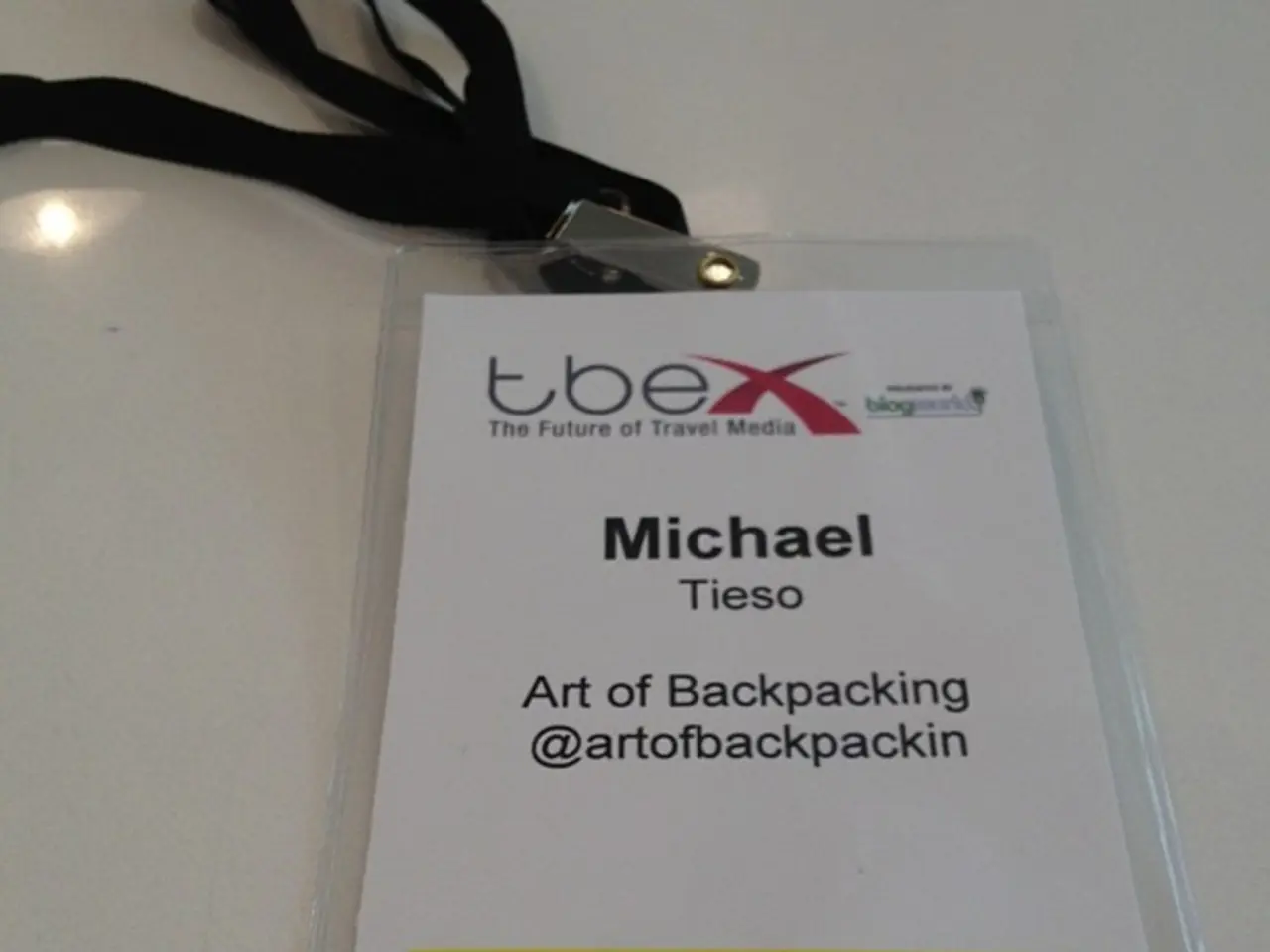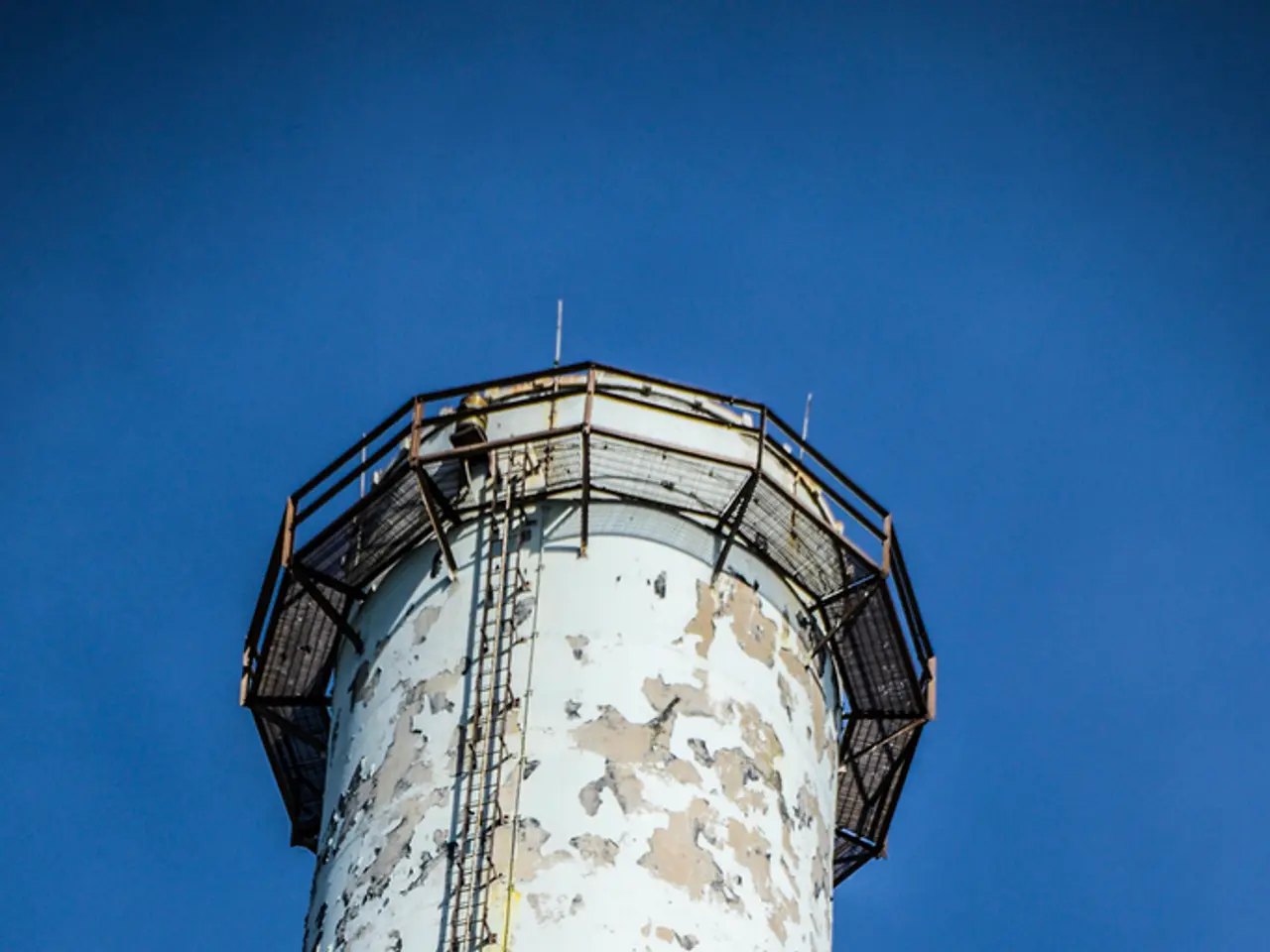The Trump Administration's Updated Press Policy: Harassment, Retaliation, and Preference for Pro-MAGA Outlets
At the White House and in key agencies like the Defense Department, the strategy is clear: Penalize journalists who ask tough questions and promote a pro-Trump media universe, shunning traditional journalism.
Tuesday's announcement about President Trump's press operation assuming "press pool" duties organizing responsibilities is part of this crusade. The administration is intent on exerting more control over who asks questions and what questions they ask.
The outcry from journalists, newsroom leaders, and press freedom groups is widespread, but to no avail.
The Significance of the "Press Pool"
The "press pool" refers to a small rotating group of journalists who constantly accompany the president, covering photo opportunities, Q&A sessions, cabinet meetings, and other events where large camera crews or correspondents can't fit. Historically, the White House Correspondents' Association, which represents the broader press corps, has managed pool assignments. Yet, not anymore.
Wednesday marked the initiation of White House selection of pool members, excluding some, such as HuffPost's S.V. Dáte and Reuters' wire reporter, who were cut from the Wednesday rotation. The Associated Press also remains banned after a dispute over Trump's "Gulf of America" decree two weeks ago.
On the other hand, two staunchly pro-Trump outlets, Newsmax and The Blaze, were added to the pool on Wednesday.
Leading news editors, including those from The AP, Reuters, and Bloomberg, shared their concerns, citing the public's need for an independent, free press and the spread of reliable information. HuffPost editor Whitney Snyder demanded an immediate restoration of their place in the press pool.
However, the evidence points to the White House intensifying its grip on the media, bypassing professional news outlets with a full, fair, tough, and relentless coverage philosophy.
Comparisons to the Kremlin
New York Times chief White House correspondent Peter Baker, with experience as a Moscow correspondent, likened the White House's takeover to how the Kremlin seized control over its own press pool and favored compliant journalists. This drew a dismissive response from Karoline Leavitt, the White House press secretary.
There are concerns that the administration's actions may hurt the MAGA movement in the long term, as stated by Fox News White House correspondent Jacqui Heinrich. The Trump administration's move to support right-wing content creators is viewed as creating a favorable media bubble, which erodes trust in traditional reporting and hampers accountability.
Enrichment Data:
The administration's decision to control the press pool impacts both journalistic independence and public access to critical news.
Impact on Journalistic Independence
- Selected Coverage: When controlling who reports on the president, the administration risks selecting journalist favoring more agreeable views, and potentially fostering biased coverage.
- Threat to the Free Press: Governments should not have the power to control the reporters covering them, which could erode trust in the media and limit accountability.
- Homogenization of News: This move could lead to a narrow scope of perspectives and weaker reporting if the administration only grants access to more sympathetic outlets.
Impact on Public Access to News
- Limited Sources: The administration's control over the press pool could result in less comprehensive coverage, as fewer journalists have access to events and information sources.
- Public Trust: The administration's move to restrict access to satellite news networks could potentially harm public trust in both the government and the media.
- Diverse Perspectives: By favoring some outlets or journalists, the administration could limit the diversity of perspectives in news coverage.
In conclusion, the Trump administration's initiative to control the White House press pool raises significant issues regarding journalistic independence and the public's access to varied and critical news coverage.
- In response to the administration's exclusion of certain reporters from the press pool, leading media outlets have expressed concerns about promoting an independent, free press and the potential impact on reliable information distribution.
- The strategic move by the White House to select pool members and prefer pro-Trump outlets, such as Newsmax and The Blaze, has been compared to the Kremlin's control over its media, raising concerns about bias and limited accountability.
- The forceful reaffirmation of control over the press pool has led to comparisons with authoritarian regimes, with some reporters arguing that this could limit diversified perspectives and erode public trust in both the media and the government.







